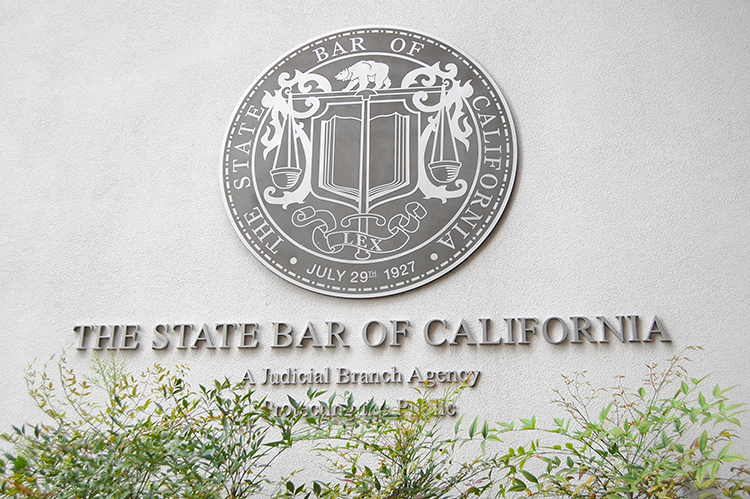Defense Lawyers & Others Sue Feds Over Border Searches of Laptops, Other Electronic Devices
A coalition of civil rights groups and criminal defense attorneys has sued the Department of Homeland Security over its alleged border searches and seizures, without reasonable suspicion of wrongdoing, of the laptop computers, cell phones and other electronic devices of some 6,600 people.
About half of those subjected to such searches were U.S. citizens, according to the Wall Street Journal (sub. req.).
The searches and seizures at issue, which took place between Oct. 2008 and June 2010, were also performed without any judicial review and pursuant to Homeland Security policy which sets virtually no limit on the scope of searches, the amount of time a traveler’s electronic device may be held, the suit contends.
It was filed in federal court in Brooklyn today, by the American Civil Liberties Union, New York Civil Liberties Union and the National Association of Criminal Defense Lawyers, on behalf of criminal defense lawyers, the National Press Photographers Association and a 26-year-old graduate student, Pascal Abidor, who is an American and French citizen, reports the Associated Press.
Abidor says he was searched, handcuffed and held in a detention cell after U.S. Customs and Border Protection Agents ordered him to provide access to his laptop and spotted images of Hamas and Hezbollah rallies he had downloaded during his research for a doctorate in the modern history of Lebanon, the AP article says. He was traveling from Montreal to New York to visit his family at the time.
When he got his laptop back 11 days later it appeared that much of his research and personal files, including chats with his girlfriend, had been searched.
Such searches don’t make people safer, contends staff attorney Melissa Goodman of the ACLU. And “Americans do not surrender their privacy and free speech rights when they travel abroad,” she says.
Homeland Security did not immediately respond to a request for comment, the WSJ reports.
Such searches began in the former Bush administration, following the Sept. 11, 2001 terrorist attacks, at a time when increased concern about national security was seen as justifying more intrusive surveillance. So far, the border search policy has survived legal challenge, although those protesting it to date have largely been accused of possessing child pornography, according to the Washington Post and the Hillicon Valley blog of the Hill.
The government contends that computers and other electronic devices are equivalent to a suitcase, the Post notes.
The ACLU provides a copy of the lawsuit (PDF), which argues that the feds’ search and seizure policy violates constitutional rights of privacy and free speech and seeks declaratory and injunctive relief, attorney’s fees and costs and “any other relief the court deems appropriate.”
The suit also recounts the alleged experience of the president-elect of the National Association of Criminal Defense Lawyers, reports the Blog of Legal Times:
Lisa Wayne of Denver says her laptop was searched in August 2008 at the Houston airport, without cause, as she was returning home from Mexico where she attended a trial advocacy program. Although, if this ever happens again, she says she will refuse to log on to her computer, she is fearful that regardless of what she does customs officials “may nonetheless detain her laptop and ultimately gain unauthorized access to its contents,” the suit says.
Related coverage:
ABAJournal.com (Aug. 2008): “No Suspicion? No Problem: Feds Can Still Take Laptops at Borders, Read Contents”
ABAJournal.com (April 2008): “9th Circuit Upholds Border Agent’s Laptop Search”



